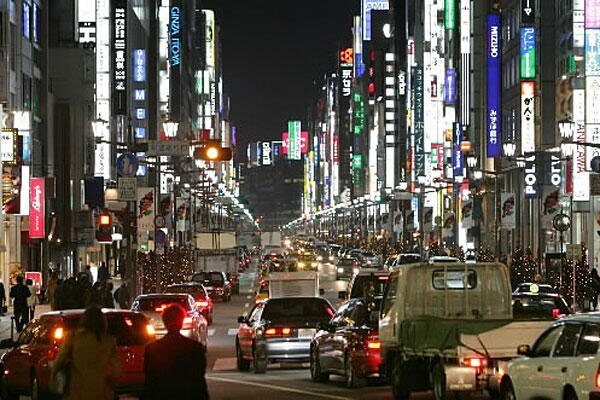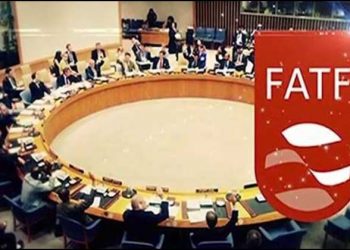A strong earth quake with a magnitude of 6.2 in the Richter scale hit the Japanese capital Tokyo, Monday, causing the buildings to sway for more than 30 seconds, national broadcaster NHK reported. The broadcaster said there was no alert issued for tsunami.
“An earthquake occurred at about 4:23 p.m. today,” an AFP report quoting the Japan Meteorological Agency reported. “Its focus was in the north of Tochigi prefecture. Its depth is about 10 kilometers and its magnitude is estimated at 6.2,” it added.
A few minutes later, a 4.7-magnitude aftershock was recorded, The Daily Yomiuri reported. There were no immediate reports of casualties and injuries.
Tokyo Electric Power Co. said there were no reports of irregularities at its Fukushima Daiichi nuclear plant in north-eastern Japan or at its other nuclear facilities, Reuters reported.
A 5.7-magnitude earthquake hit Tochigi Prefecture and its vicinity Monday, setting buildings in the capital swaying but causing no tsunami, seismologists said.
NHK said no abnormalities were detected at nuclear power plants near the epicenter, which was north of Tokyo, where buildings rocked for almost half a minute.
The U.S. Geological Survey said the quake hit at 4:23 p.m., with its epicenter 57 km north-northeast of Maebashi, Gunma Prefecture, and around 143 km north-northwest of Tokyo. The quake registered upper 5 on the Japanese seismic intensity scale to 7.
The Meteorological Agency, which had earlier put the magnitude at 6.2, said minor aftershocks were continuing.
Takayuki Fukuda, a fire department official in the city of Nikko, Tochigi Prefecture, near the epicenter, said the temblor rocked the city, a popular spot on the tourist trail.
“It shook vertically for about 10 seconds. Nothing fell from shelves and windows were not shattered. There was no report of fire and we are preparing to patrol the city,” he said.
Preliminary reports that a wall in the city had tumbled proved false, he said later, adding: “We have no information about any injury resulting” from the quake.
NHK said several bullet trains had been temporarily halted, but service had resumed moments later.
Japan is regularly hit by powerful earthquakes and has largely adapted its infrastructure to tremors that can cause widespread damage in other, less-developed countries.
However, a huge undersea quake with a magnitude of 9.0 in March 2011 sent towering tsunami into the Tohoku region, devastating coastal communities and killing nearly 19,000 people.
It also sparked the world’s worst atomic plant catastrophe since Chernobyl, after tsunami knocked out the cooling systems at the Fukushima No. 1 nuclear power complex.
Although no deaths have been as yet directly attributed to the triple-meltdown disaster at Fukushima No. 1, the calamity caused widespread mistrust in nuclear power in a country that had previously relied on the technology for around a third of its electricity needs.

















